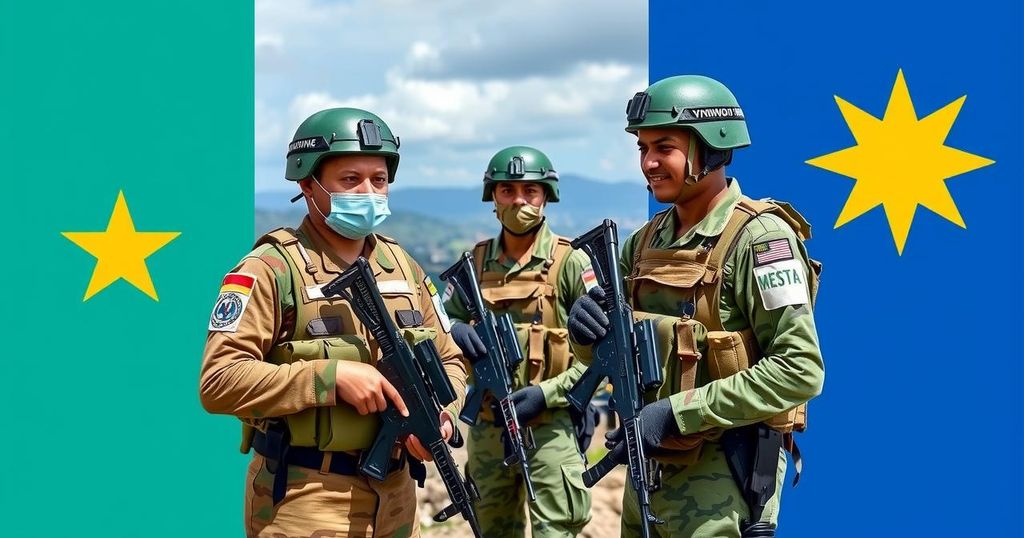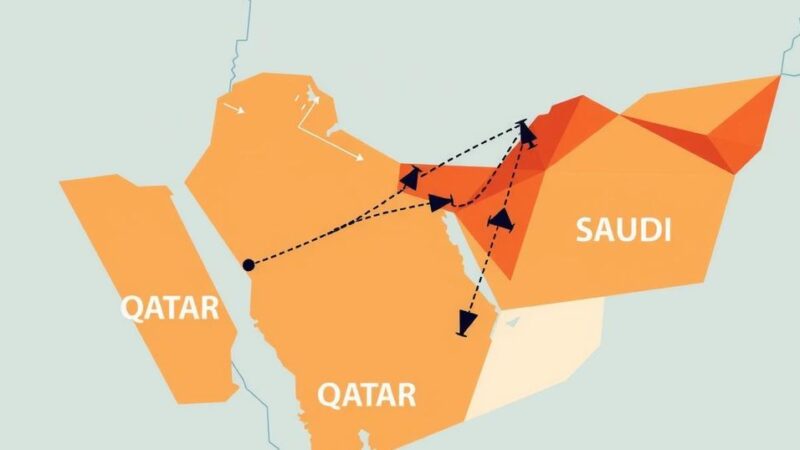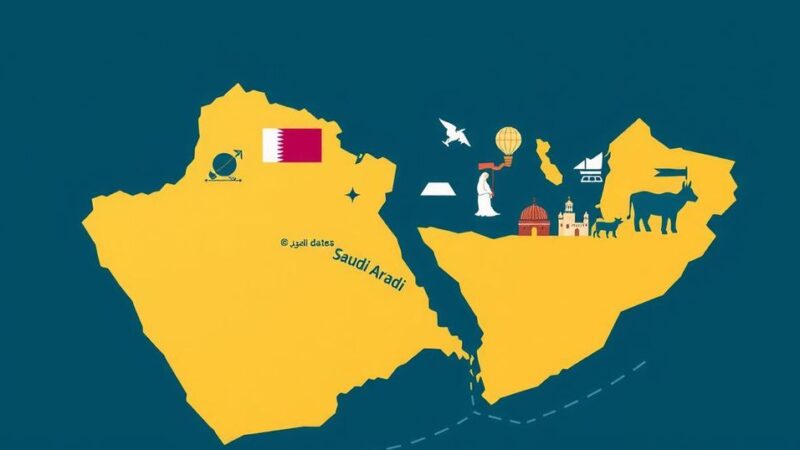The United States is advocating to convert the Kenya-led force in Haiti into a U.N. peacekeeping mission due to escalating gang violence. Following a series of violent incidents that have restricted air traffic to Port-au-Prince, the U.S. proposed this transition to secure sustained funding. However, objections from Russia and China present obstacles, highlighting the difficulties of stabilizing Haiti amidst ongoing political and security crises.
The United States has intensified efforts to transition the Kenya-led multinational security force in Haiti into a United Nations peacekeeping operation amid rising gang violence. This escalation follows severe incidents that have resulted in the shutdown of air traffic to Port-au-Prince. The U.S. proposed the establishment of a U.N. peacekeeping mission as a means to secure sustainable funding for the multinational force, which is critical for assisting Haiti’s national police in combating gang activities. Currently, gangs reportedly control approximately 85% of Port-au-Prince, escalating violence during political turmoil, which saw the dismissal of the interim prime minister by Haiti’s transitional council. The situation forced the U.S. to present a draft resolution to the U.N. Security Council, urging swift planning for the transition to a U.N. peacekeeping mission, although Russia and China have expressed reservations about this move. With only a fraction of the needed international police deployed, and significant funding inadequacies threatening the viability of the mission, the international community faces pressing questions about the future of Haiti’s stability. Given the historical context of foreign military interventions in Haiti, the populace’s reception remains mixed, reflecting both hope and skepticism regarding foreign involvement in resolving local issues.
The situation in Haiti has deteriorated significantly since the assassination of President Jovenel Moïse in 2021. Gang violence has surged, leading to rampant insecurity that has prompted calls from Haitian leaders for a U.N. peacekeeping force. The U.S. has historically played a role in international interventions in Haiti. Prior U.N. missions faced criticism for misconduct, which complicates current efforts to stabilize the country through a potential transition of the Kenya-led force to U.N. oversight. As gangs increasingly dominate Port-au-Prince, the urgency for a robust international response has never been greater.
In summary, the escalation of gang violence in Haiti has prompted the United States to advocate for the transformation of the Kenya-led multinational force into a U.N. peacekeeping mission. Despite attempts to rally support within the U.N. Security Council, opposition from Russia and China raises concerns about the effectiveness of the proposed resolution. With a troubling history of foreign interventions in Haiti, the international community must navigate complex local sentiments and ensure robust funding and support for any forthcoming peacekeeping efforts.
Original Source: apnews.com






